EDC's Camille Ferguson shares how a computer science education program cultivates participants' tech social capital to support the next generation of tech leaders
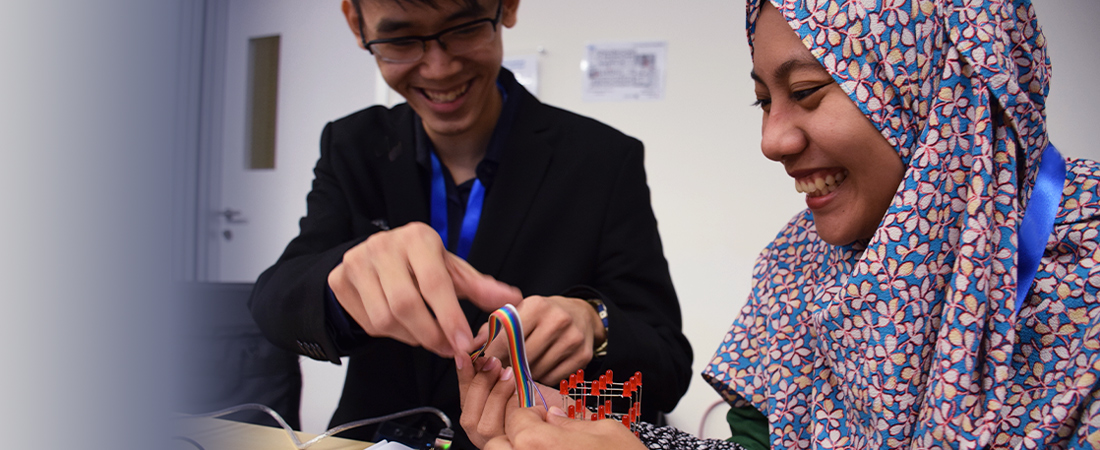
EDC has a long-standing commitment to prioritizing gender equity. We recognize the persistent, myriad challenges women and girls experience, including gender-based violence, limited access to education, pay gaps, early and forced marriages, and an unequal division of care work. We also recognize that inequitable gender and social norms place pressure on men and boys to drop out of school to support their families financially, join armed groups, and engage in risky behaviors that harm themselves and others.
Around the world, EDC engages educators, health practitioners, government, civic and private-sector leaders, families, and youth to challenge harmful gender stereotypes. Our work creates more equitable, safe, and inclusive systems of health, education, and economic independence.
Whether we are working in the United States or South Africa, we adapt our programs to build on our partners’ strengths, meet their needs, and fit their contexts. We develop teaching and learning materials that promote positive and non-stereotypical gender roles. We work with schools and communities to combat gender-based violence. We collaborate with industry, higher education, and governments to close opportunity gaps and provide all young people with the skills and training they need to thrive.
In all we do, we are committed to building a world where a person’s gender is not a barrier to their education, career path, or quality of life, but it is rather celebrated as a core part of their humanity.
Read "EDC’S Commitments to Gender Equality and Social Inclusion" to learn more about our commitment to gender equity.
Featured
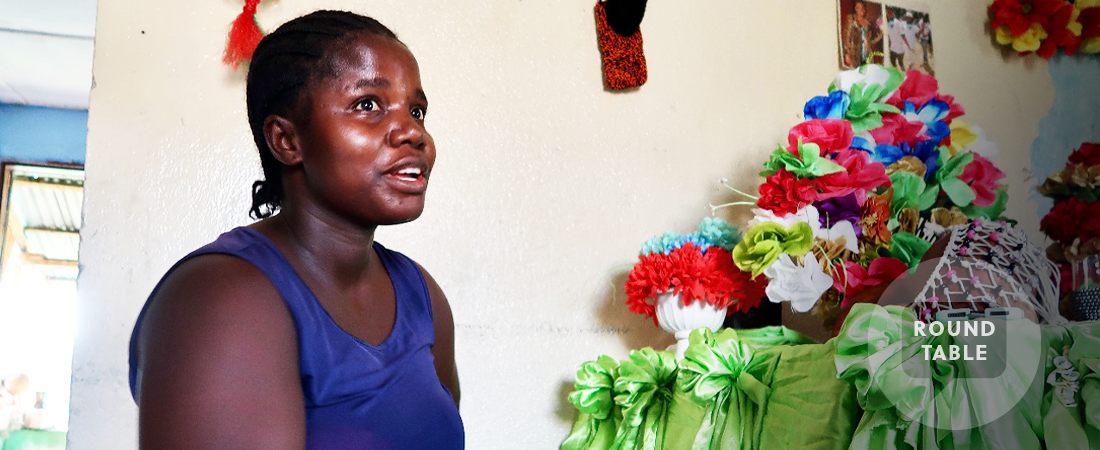

EDC is working to address the unique economic, health, and social needs of women who have served their country.
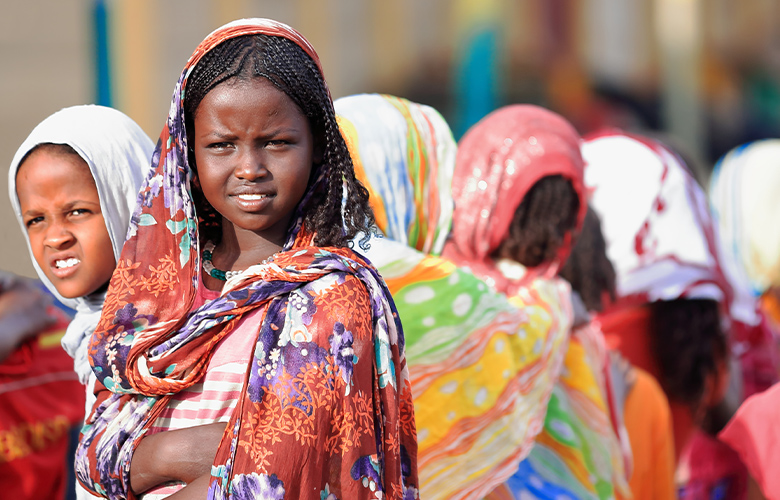
Because women and girls are significantly affected by crises, such as the current pandemic and conflicts, is precisely why more women need to occupy leadership positions.
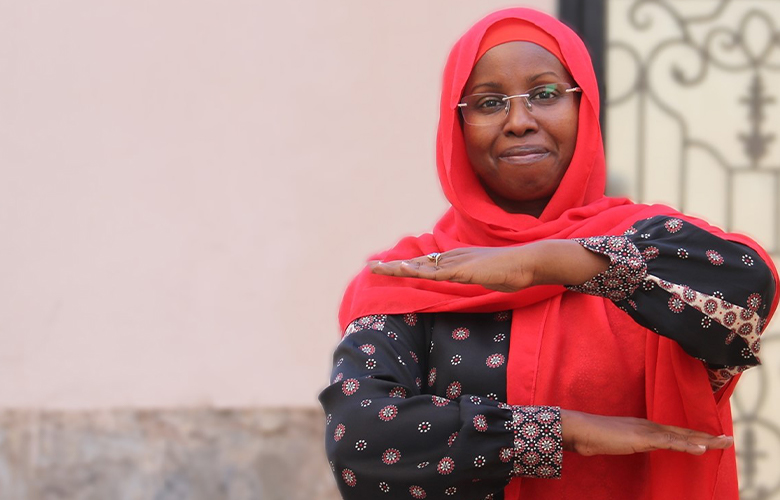
The USAID-funded Djiboutian Workforce Development Project (WFD) aims to reduce gender gaps and barriers through its workforce readiness programming.
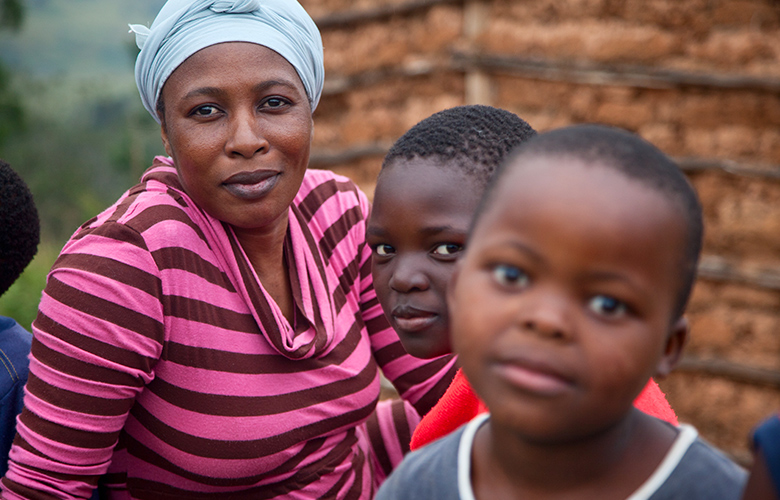
As families globally confront the stressors associated with the COVID-19 pandemic—including job loss, food insecurity, and uncertainty about the future—many women and children are also experiencing

Improving access to STEM careers isn’t just a matter of social justice—it also drives innovation, says EDC’s Sarita Pillai.
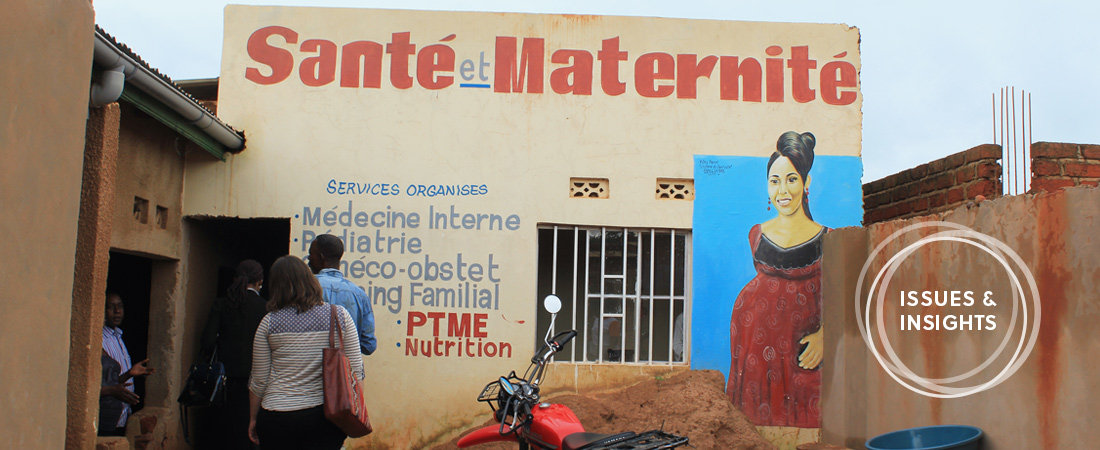
Education, economic programs are key to rebuilding communities torn apart by sexual and gender-based violence.
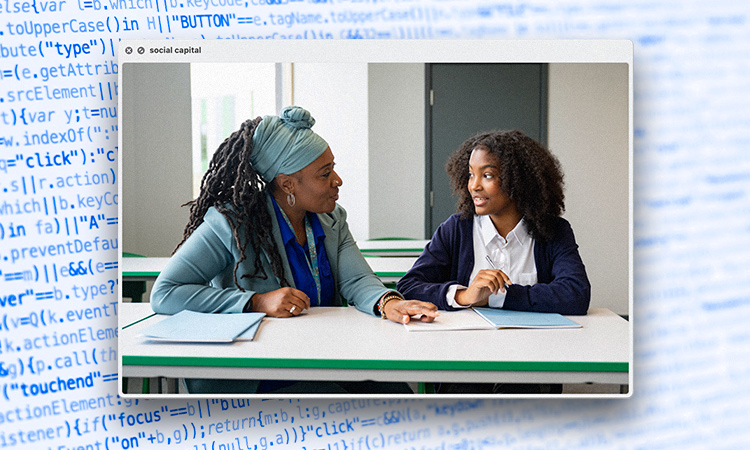
EDC's Camille Ferguson shares how a computer science education program cultivates participants' tech social capital to support the next generation of tech leaders


EDC is working to address the unique economic, health, and social needs of women who have served their country.

Because women and girls are significantly affected by crises, such as the current pandemic and conflicts, is precisely why more women need to occupy leadership positions.

The USAID-funded Djiboutian Workforce Development Project (WFD) aims to reduce gender gaps and barriers through its workforce readiness programming.

As families globally confront the stressors associated with the COVID-19 pandemic—including job loss, food insecurity, and uncertainty about the future—many women and children are also experiencing

Improving access to STEM careers isn’t just a matter of social justice—it also drives innovation, says EDC’s Sarita Pillai.

Education, economic programs are key to rebuilding communities torn apart by sexual and gender-based violence.